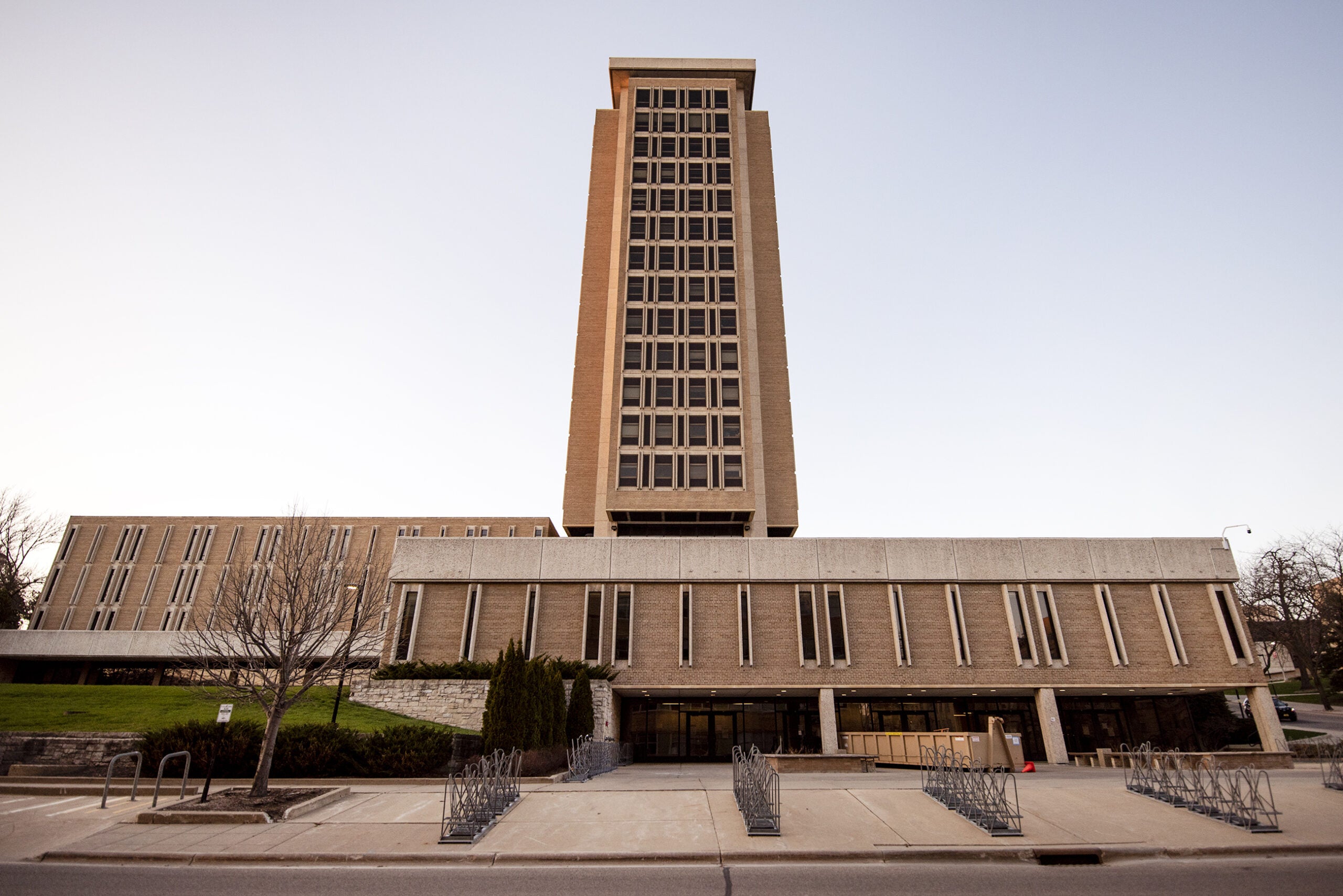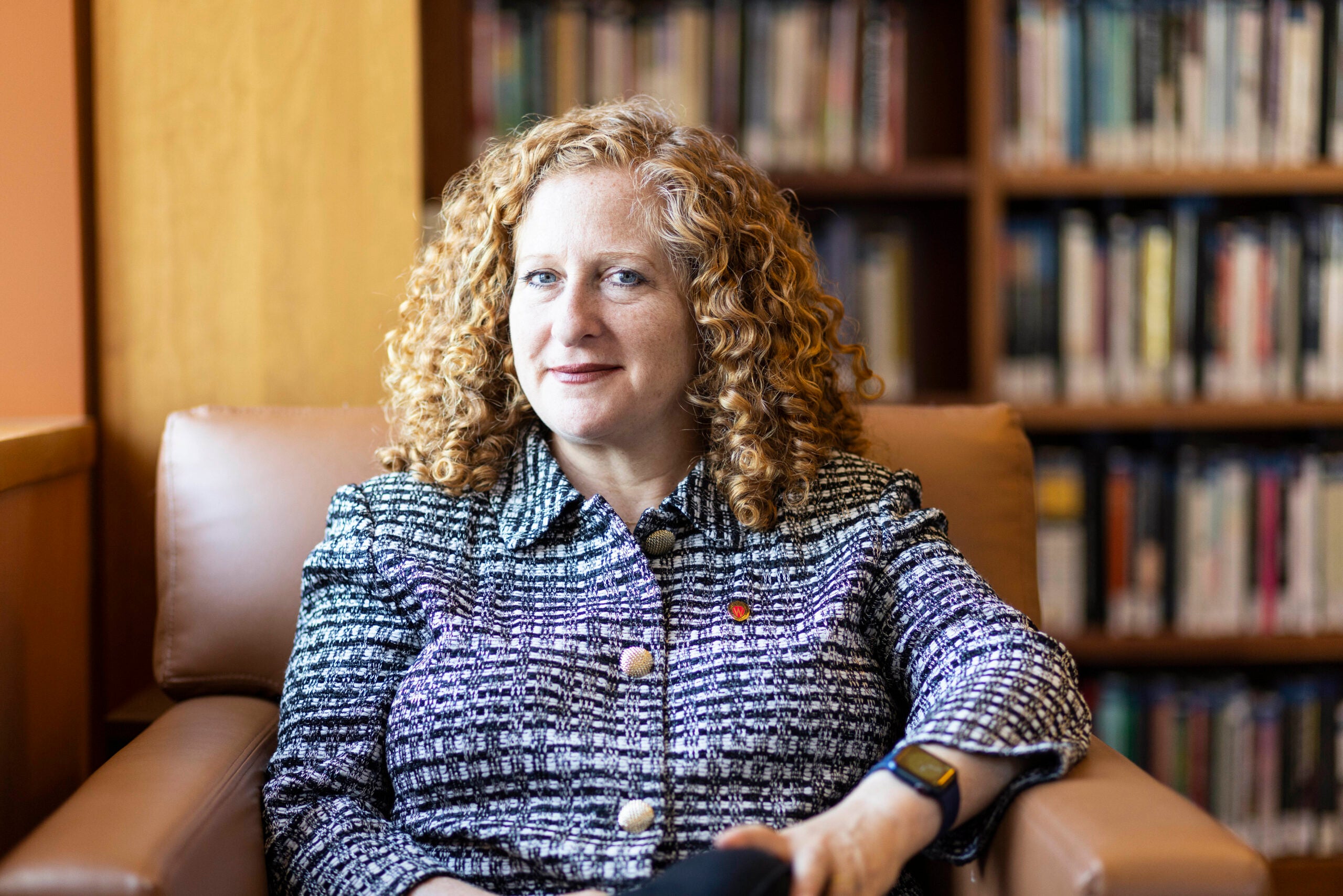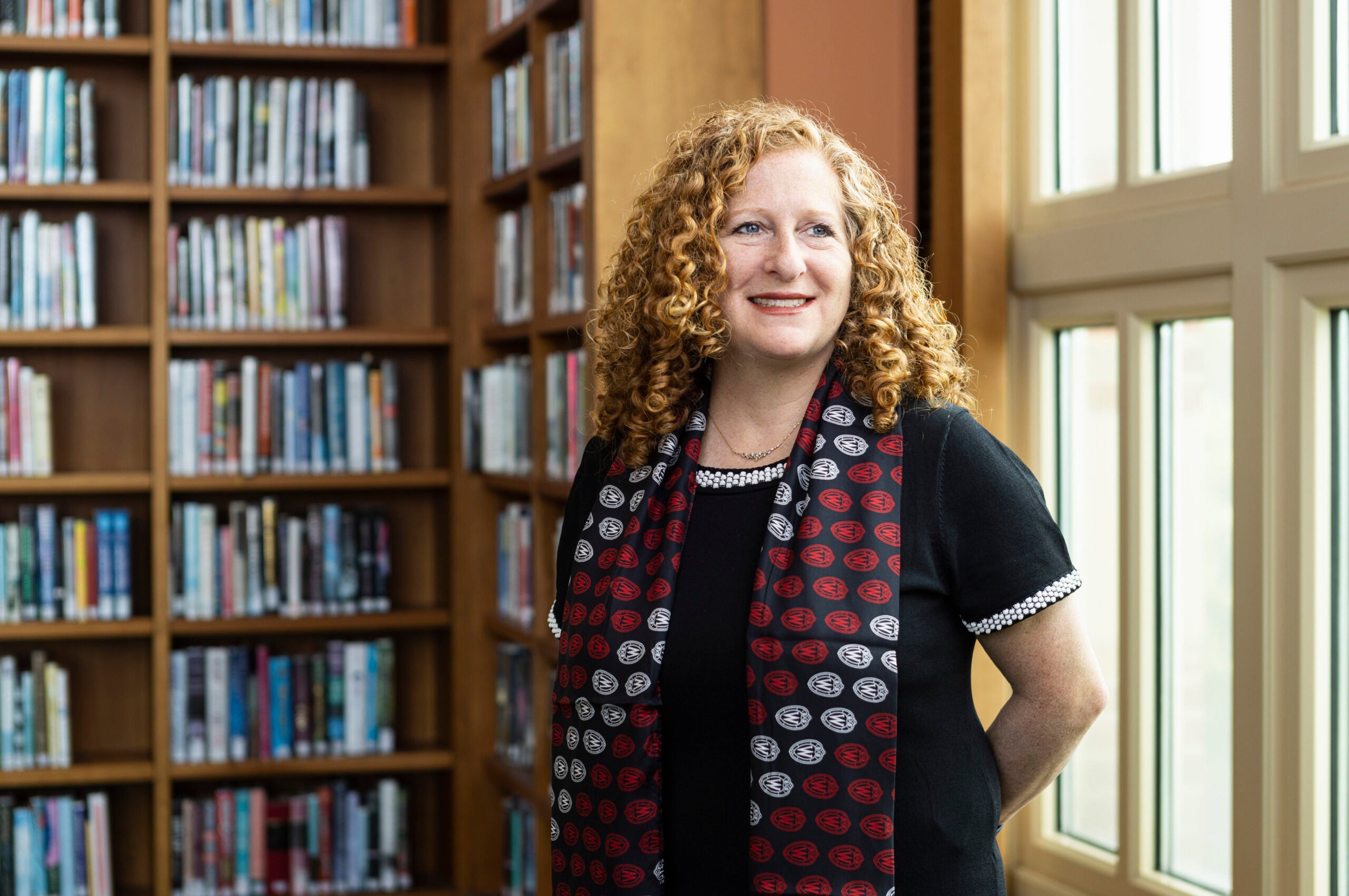Days after the University of Wisconsin-Whitewater chancellor resigned in protest over a planned campus free speech survey of students, a professor helping to organize the effort said it’s being delayed until fall.
The announcement from Tim Shiell, UW-Stout professor and director of the campus’ Menard Center for the Study of Institutions and Innovation, marks the third time that plans to send students the privately funded survey have changed in recent weeks.
The survey, titled “Student Perceptions of their First Amendment Free Speech Rights, Viewpoint Diversity, and Self-Censorship,” has been in the works for months, and was scheduled to be sent out Thursday. The survey didn’t become public until the day after UW-Whitewater interim Chancellor Jim Henderson resigned, citing a lack of support from UW System leadership.
News with a little more humanity
WPR’s “Wisconsin Today” newsletter keeps you connected to the state you love without feeling overwhelmed. No paywall. No agenda. No corporate filter.
A statement Tuesday from UW System interim President Michael Falbo made clear that Henderson’s resignation was due to Falbo’s decision to release the survey, which is funded by private donations to the Menard Center from the family of Wisconsin billionaire John Menard.
The initial plan was to send the survey to students before the end of the spring semester.
Falbo’s statement Tuesday explained that before this week, chancellors raised concerns about the survey and he decided the UW System would not participate. But after learning more about the survey from Shiell, he “felt more comfortable with the survey and its timing,” Falbo said Tuesday.
A copy of an email from Shiell was sent to Wisconsin Public Radio by a UW System spokesperson Thursday morning. In it, Sheill said “given current circumstances,” he was delaying the survey launch until fall.
“The extra time will enable us to answer fully and accurately the avalanche of questions arising and lay the groundwork for a successful survey,” he wrote.
In an interview Thursday with WPR, Shiell said he wanted to get the survey to students this spring because that’s when staffing resources and funding through the Menard Center were available. But with so many questions coming in, the April 7 deadline for sending the survey to students was too tight.
“And it’s just impossible to answer all those in the timeframe we were given to work with right now,” Shiell said. “So, it just seems sensible to postpone the survey launch to the fall and take the time to address people’s concerns.”
Shiell said he thinks any potential funding issues for the survey can be worked out.
State Rep. Dave Murphy, R-Greenville, said he and others complained to the UW System about the initial delay. Shiell told WPR he has received messages from lawmakers indicating they would like the survey to be issued in this spring.
“But there wasn’t, you know, some kind of deal between us or pressure put on,” Sheill said.
The teachers union AFT-Wisconsin applauded the announcement to delay the survey until the fall.
Jon Shelton, UW-Green Bay professor and vice president of higher education for the Wisconsin chapter of AFT, said union membership is dedicated to upholding free speech and academic freedom and that understanding how “students experience academic freedom in our classrooms is a laudable goal.” Still, the group had two major concerns with the survey.
Lack of consultation with UW System faculty representatives was one of the concerns put forward by the group, which said their involvement could have helped capture the data.
“Second, we remain deeply concerned by the possibility that partisan political interests sought to pressure system administration into sending the survey over the objections of campus chancellors,” Shelton said. “Chancellor Henderson’s resignation not only deprives the faculty and staff at UW-Whitewater of stable leadership on their campus, but also speaks to a troubling limitation to individual campus autonomy.”
State Assembly Speaker Robin Vos, R-Rochester, said he’s disappointed by the delay.
“It’s disappointing that bureaucratic red tape at the system has delayed this survey on free speech,” Vos said in a statement. “I believe we have a problem on our campuses and I look forward to seeing the results of the survey after it’s conducted this fall.”
Rep. Murphy said he too was disappointed by the decision to delay the survey. He said that’s because there will be larger numbers of new freshman going to UW schools in September who won’t have experience on campus.
“I think the quality of the study would have been better now than it would be in the fall,” Murphy said. “I’m very I’m happy that the UW has guaranteed us that they will do it. But yeah, I just think it would be better now.”
Editor’s note: This story has been updated to reflect the decision to delay the campus free speech survey was announced by UW-Stout Menard Center for the Study of Institutions and Innovation Director Tim Shiell.
Wisconsin Public Radio, © Copyright 2026, Board of Regents of the University of Wisconsin System and Wisconsin Educational Communications Board.






